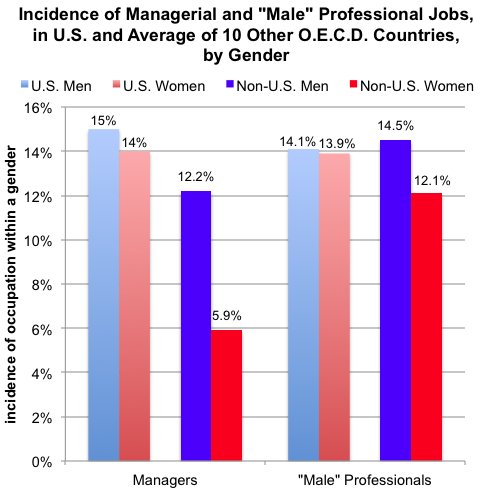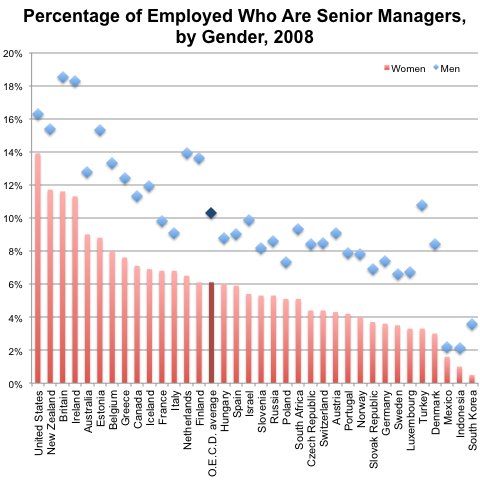But ministers struggled to make progress on a bundle of initiatives to create a so-called banking union intended to break the vicious circle between indebted sovereign governments and shaky banks that helped unleash a string of crises, repeatedly threatening to sink the euro over the past three years.
The most important step taken by the ministers Friday was an agreement in principle to extend the maturities of emergency loans made to Ireland and Portugal by seven years. Prolonging the payment schedules could ease pressure on the countries’ public finances and allow them to obtain better terms from private lenders.
Because some of the bailout loans were granted by a fund backed by all 27 European Union countries, the 10 finance ministers from non-euro member states had to give their approval, too, after they joined the meeting Friday afternoon. The extensions still must be approved by the parliaments of some E.U. countries, including Germany.
“This is another very important step forward towards a sustained return to full market financing for both countries” Olli Rehn, the E.U. commissioner for economic and monetary affairs, said at a news conference after the meeting of finance ministers.
But Mr. Rehn also underlined that officials in Dublin and Lisbon had to stick to promises to overhaul their economies, including the kind of painful belt-tightening that has been criticized for restraining growth, leading to wider deficits and making it harder for governments to pay down debt.
“Ultimately it is the combination of growth-enhancing structural reforms and consistent fiscal consolidation that will firmly re-establish investor confidence and ensure that the Irish and Portuguese people can put this very hard crisis behind them and move on,” Mr. Rehn said.
Jeroen Dijsselbloem, the president of the so-called Eurogroup of finance ministers, said at the same news conference that the authorities in Portugal, where the Constitutional Court recently overturned some austerity measures, would be able to pass “compensatory measures” to control spending.
The ministers are struggling to fend off a return to full-blown crisis mode in the euro zone as the ramifications of the Cypriot bailout become clearer and as other concerns, including the parlous state of the economy of Slovenia, another euro member, rise up the agenda.
The Cypriot bailout raised questions about whether efforts to save the euro are on course. Investors were rattled by terms that included raiding the savings of uninsured depositors, and by a forecast this past week by the troika of international bodies overseeing bailouts that the downturn in the Cypriot economy in the next two years would be far more severe than expected just weeks ago. Unemployment is already near 15 percent.
The worry now is that Cyprus may eventually need another bailout to keep it as a member of the euro area. On Friday the ministers gave their political approval to the terms of the bailout, which involves euro zone member states contributing €9 billion in loans and the International Monetary Fund providing €1 billion. The deal still needs approval by some national parliaments.
Officials said the first payments of aid to Cyprus from the bloc’s bailout fund, the European Stability Mechanism, could take place in mid-May.
Mr. Rehn said that there would be further aid for Cyprus but that it would involve directing more E.U. structural funds to the country, rather than changing the total amount of the bailout.
Cyprus must raise billions of euros to stay within the terms of the bailout, and one option is for its central bank to sell gold reserves. Mario Draghi, the president of the European Central Bank, said at the news conference that that decision would be left to the central bank of Cyprus. But he added that “profits made out of the sales of gold should cover first and foremost any potential loss that the central bank might have” from the emergency liquidity assistance that has been provided by the E.C.B.
Article source: http://www.nytimes.com/2013/04/13/business/global/euro-zone-finance-ministers-gather-in-ireland.html?partner=rss&emc=rss


